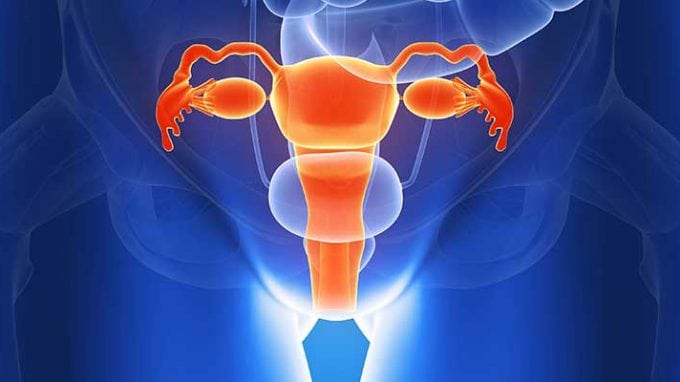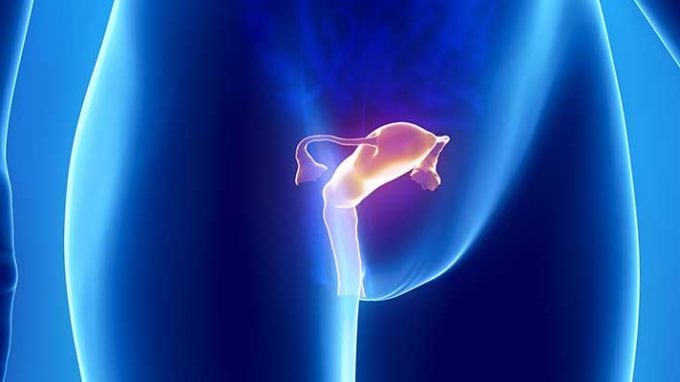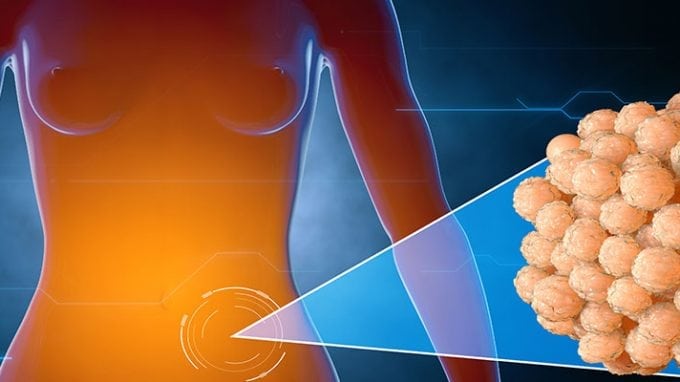New research supports fallopian tube flushing as a viable means to treat infertility that is both less costly and less traumatic than current methods. Infertility is a frustrating problem for a gro...
Process of Fallopian Tube Flush for Increasing Women’s Fertility








